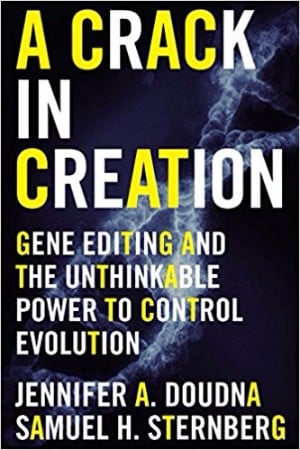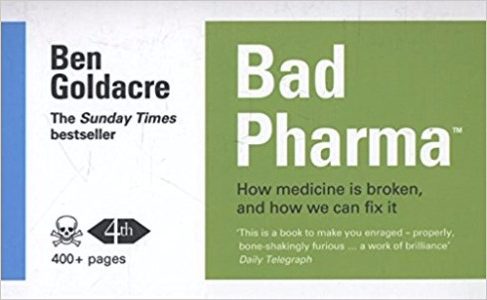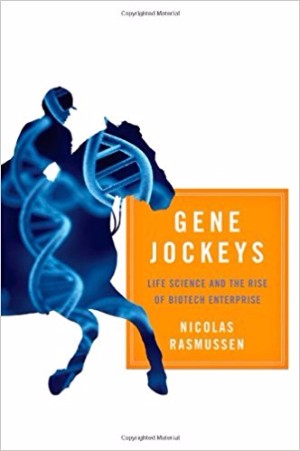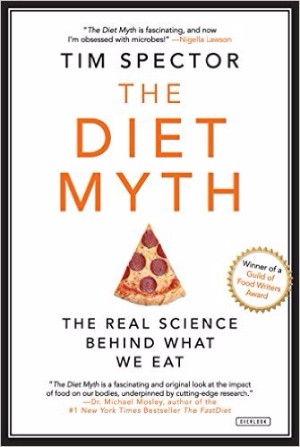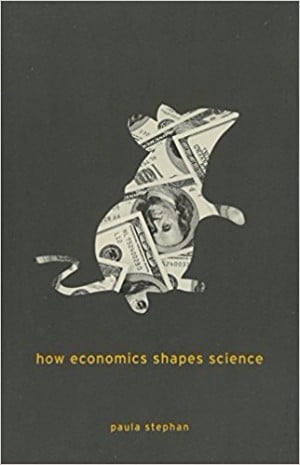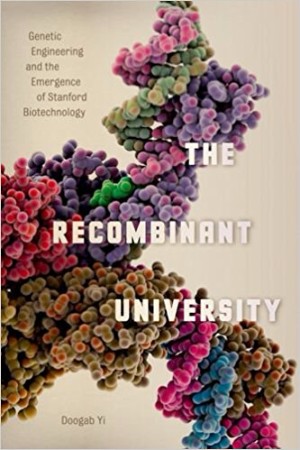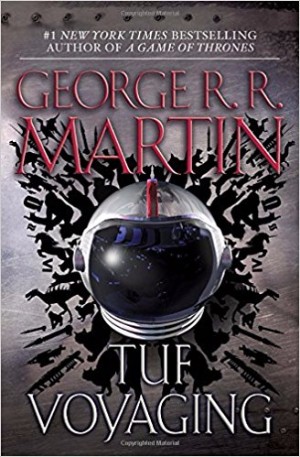here are seven biotech books for the summer that will take you from crispr gene editing to the microbiome, pharmacy and economics, as well as science fiction taking biotech into space.
The excitement of summer vacation has been somewhat clouded by the ever-present threat of the covid-19 pandemic. however, no matter where you end up this summer, it’s a great opportunity to catch up on your reading in the hot sun.
You are reading: Best books on crispr
We’ve put together a list of biotech books we’d like to read and think our readers might too. Here are some biotech books to spend your summer learning and enjoying the fascinating world of biotech!
1. crispr told by one of its discoverers
In a crack at creation, jennifer doudna and her longtime colleague samuel sternberg share the story behind the discovery of crispr, a technology that makes gene editing faster, easier, and cheaper than ever before. crispr could eventually bring a cure for hiv and cancer, as well as address world hunger. In addition to explaining how the technology could do that, Doudna explores the complex ethical issues that arise with such powerful technology, especially now that the first clinical results have been published.
2. how can we fix the broken pharmaceutical industry?
See Also: Books About Friendship and Kindness – Pre-K Pages
Biotech often works closely with the pharmaceutical industry, a multi-billion dollar industry notorious for price gouging and a general lack of transparency. In Bad Pharma, Ben Goldacre ruthlessly attacks the pharmaceutical industry by exposing the many strategies used in the industry to increase profits, from tweaking results to sponsoring the journals that publish his research. It also goes after regulatory agencies like the FDA and EMA, which Goldacre says are not doing their part to make clinical trial results accessible to researchers who need them.
3. a bit of biotechnological history
gene jockeys takes us back to the beginnings of biotechnology, telling the stories behind the first ten fda-approved drugs made using recombinant dna technology. Nicolas Rasmussen explains how both the public and private sectors have played essential roles in developing technologies that strive to feed, feed and heal the world.
4. feeding the microbiome
tim spector, a professor at king’s college london, has spent his career researching genetics and how the microbes that live in our gut influence our health. In Diet Myth, he explores how we can influence the microbiome, and ultimately our health, with the food we eat. Backed by scientific research, Spector exposes many entrenched misconceptions about food and explains what different types of food actually do to our microbiome and health.
5. a dose of reality for bench scientists
Despite the essential role of economics in making research possible, most scientists are unaware of the powerful forces that shape what and how research is done. In How Economics Shape Science, Paula Stephan, Professor of Economics at Georgia State University in the United States, explores the enormous costs of running a lab, where the funding comes from, and how this influences research topics. and the publications that scientists choose.
6. the beginnings of genetic engineering
See Also: 10 Childrens Books About Farming and Agriculture – Feminist Books for Kids
the recombinant university tells the story of how san francisco academics developed recombinant dna technology in the 1970s. it then goes into the implications the invention had for the privatization of academic research. doogab yi explores how the commercialization of this technology has since transformed the way biomedical research is conducted.
7. What if biotechnology traveled to space?
To finish off the list, here’s a personal favorite. science fiction has the power to make us imagine how new technologies will shape the future. In Tuf Voyaging, George R. r. Martin tells the story of a man traveling the universe in a spaceship with limitless genetic engineering technology, exploring how synthetic biology could both solve big problems and spawn new ones. (For those who are wary of Martin’s slow narration in the famous Song of Ice and Fire saga, this book is certainly much more dynamic and direct.)
have a great summer and happy reading! What other biotech books would you add to our wish list?
this is an edited and updated version of an article published on 04/07/2017 by clara rodríguez fernández
cover image via elena resko; book cover images via amazon
See Also: The Best Picture Books for Teaching Character Traits – Staying Cool in the Library
